7 Impacts of Email Overload on Psychological Health in the Workplace - Part I
A Psychologically Healthy Workplace
Recent years have seen a growing international movement promoting the concept of providing employees with a psychologically healthy workplace (PHW). PHW refers to the enhancement of workplace factors that foster employee mental health and wellbeing and therefore enhance organisational performance and productivity outcomes.
Under Australian occupational health and safety laws, employers are responsible for providing a safe workplace for their staff. More and more this is seen as more than just the traditional emphasis on physical safety, but on psychological safety as well.
One of the main threats to psychological safety is the volume of email that employees are expected to handle on a daily basis and, increasingly, the workload that results from these new messages. Keeping up with all the new inputs we receive from a wide range of technological devices takes up a lot of our time each day.
This occurs not only at work but also during our personal time; it seems we’re communicating ourselves into a frenzy. And it’s affecting our mental health in the ways explained in the following series.
Stress
Stress is a key issue in the workplace, bearing several negative outcomes, with Information Overload being a significant contributor. An unexpected research finding comes from a survey of U.K. employees where temporary employees report better well–being, general health, more positive attitude towards work and better work behaviour (e.g. less absenteeism) than their permanent counterparts.
Researchers link this to the finding that many permanent workers reported high levels of work overload, relatively high levels of irritation, anxiety and depression and a strong interference of work with life at home.
Another study shows that 35% of knowledge workers experience back pain, Carpal Tunnel Syndrome, eye strain, headaches and stress.
A large-scale survey of academic and administrative staff at an Australian university showed that staff who receive work email on their mobile devices report that, because colleagues know they are always accessible, this heightens the perceived pressure to respond quickly; staff consider it stressful to leave a message alone when the sender knows that it has been received.
Click here to download your free copy of the full report.
